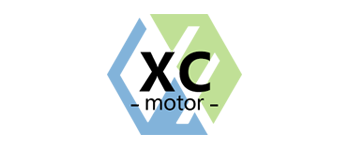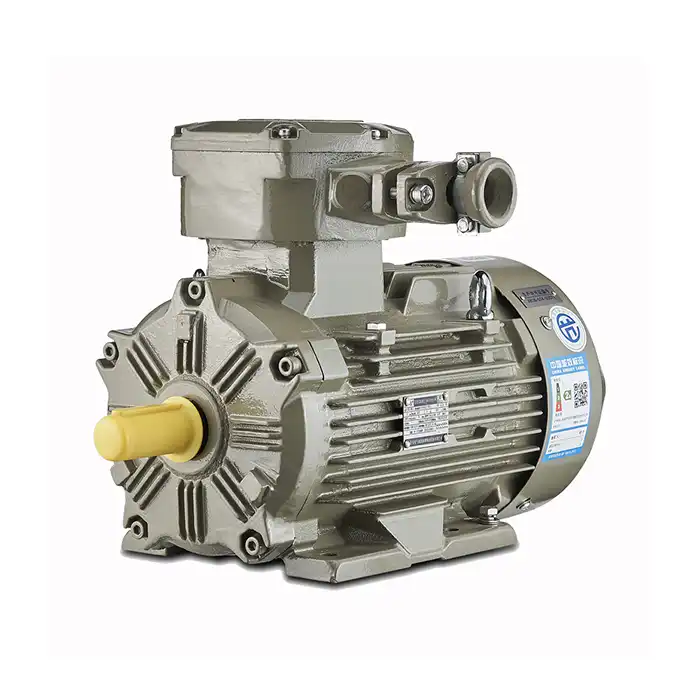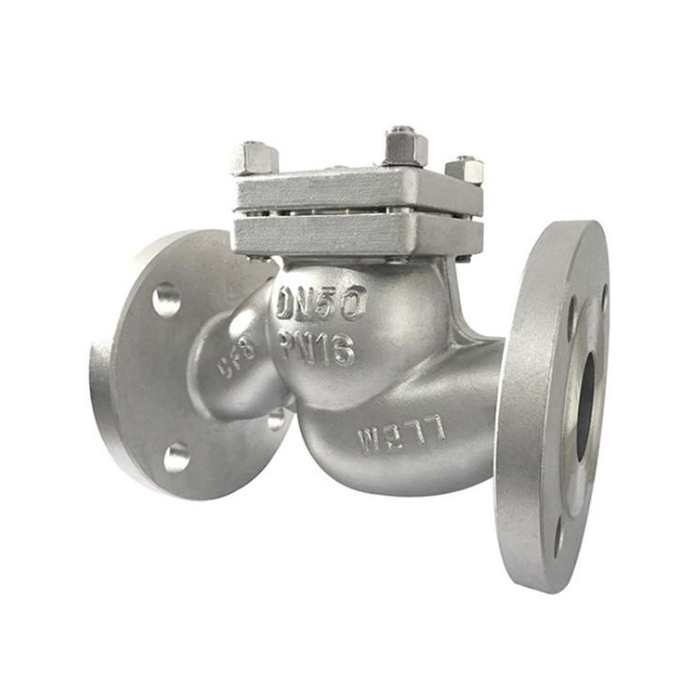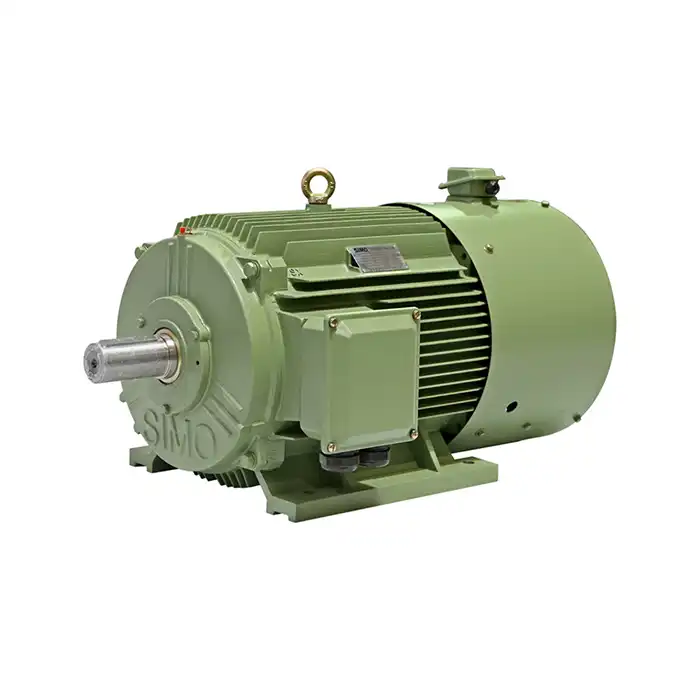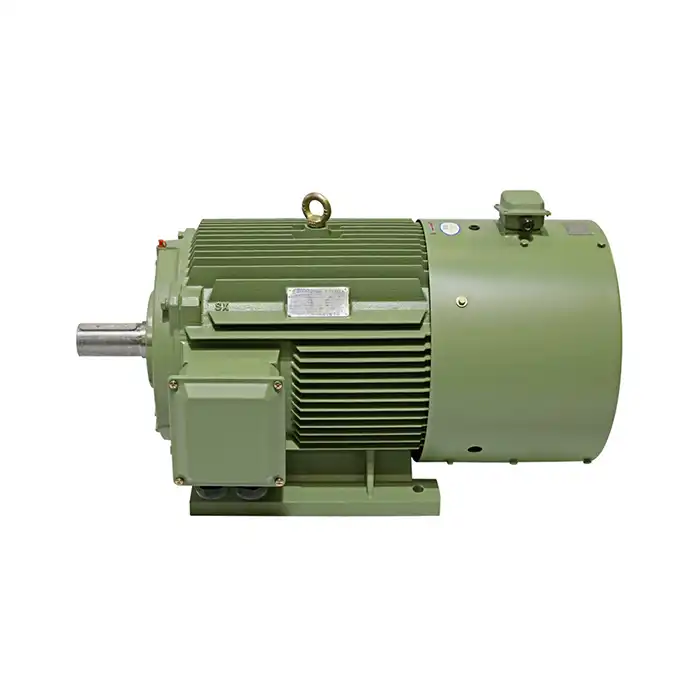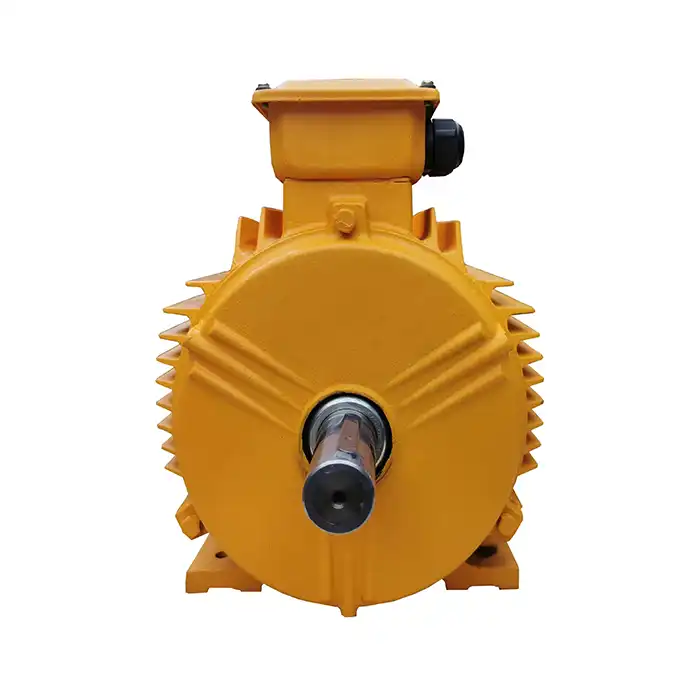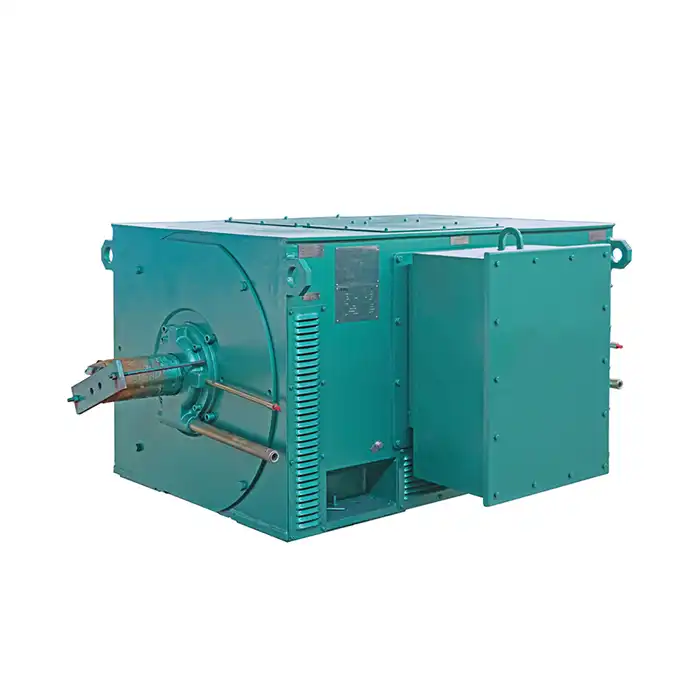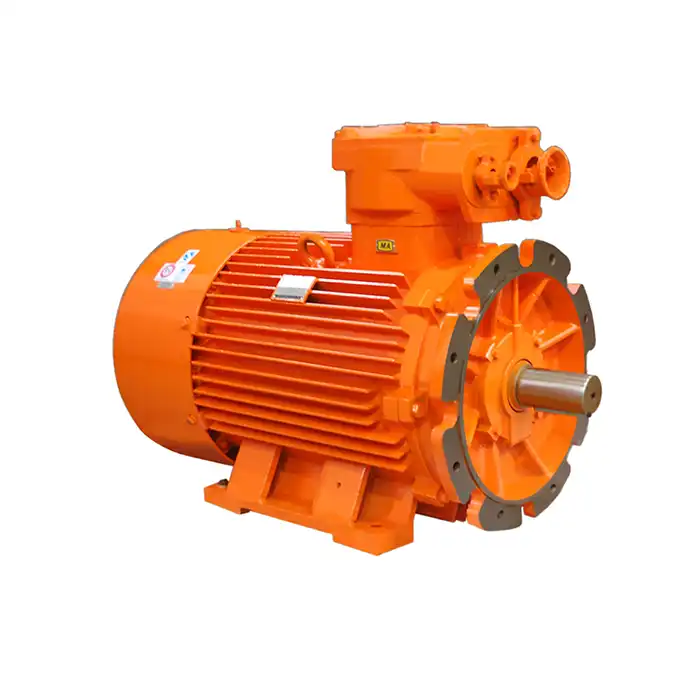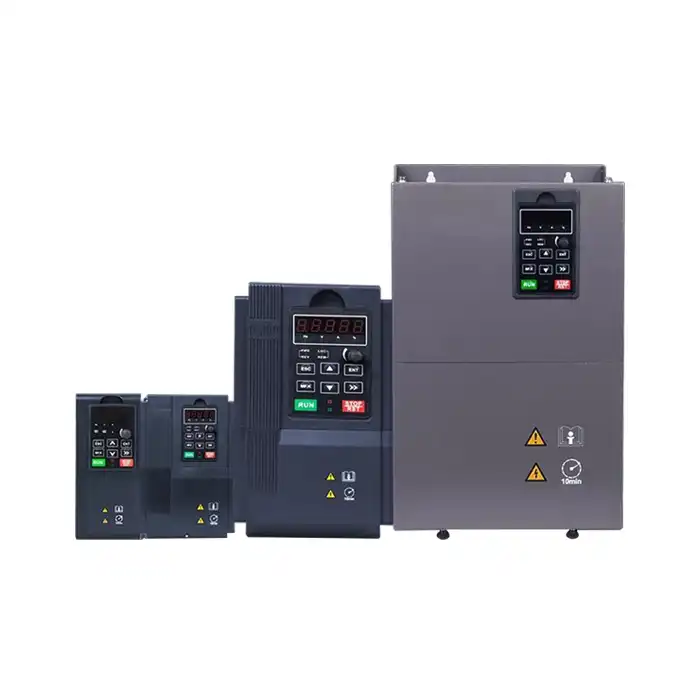Should I Choose a Single-Phase or Three-Phase LV Inverter?
Selecting the right low voltage ac inverter for your application is a crucial decision that can significantly impact your system's performance and efficiency. One of the primary considerations in this process is choosing between single-phase and three-phase inverters. This article will guide you through the key differences, help you match the inverter phase to your application needs, and provide a cost-benefit analysis to aid in your decision-making process.
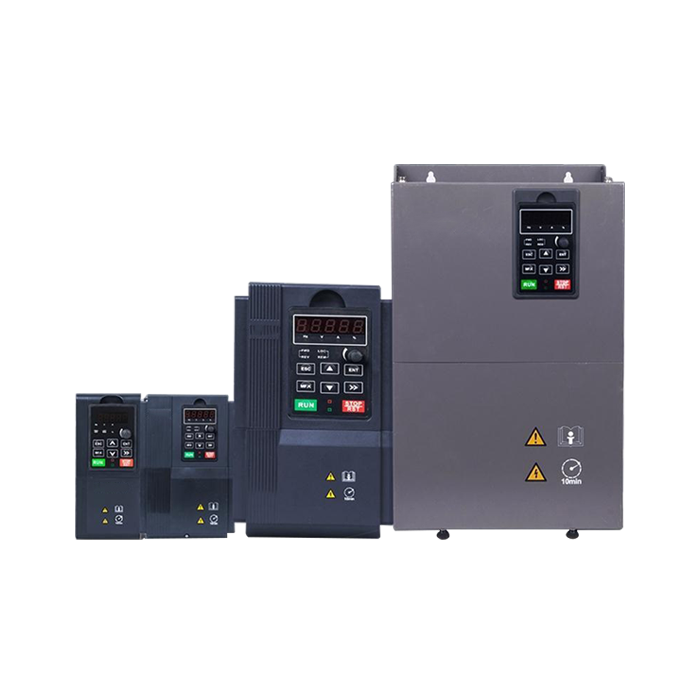
Adaptable motor power range:1.5-450 kW
Application:fans, water pumps.
Advantage:high starting torque characteristics, strong overload capability, strong braking ability.
Certificate: CE
Single-Phase vs Three-Phase: Key Differences Explained
To make an informed decision between single-phase and three-phase low voltage ac inverters, it's essential to understand their fundamental differences and characteristics.
Power Distribution and Efficiency
Single-phase inverters distribute power through a single alternating current (AC) waveform. They are typically used in residential and light commercial applications where power requirements are relatively low. Three-phase inverters, on the other hand, distribute power through three separate AC waveforms, each offset by 120 degrees. This configuration allows for more efficient power distribution and is commonly used in industrial and heavy-duty commercial applications.
Voltage and Current Characteristics
Single-phase systems operate on a single voltage level, while three-phase systems utilize three separate voltage levels. This difference in voltage distribution affects the current flow in each system. Single-phase inverters experience higher current peaks, which can lead to increased stress on components. Three-phase inverters distribute the current more evenly across the three phases, resulting in smoother operation and potentially longer component lifespan.
Power Capacity and Scalability
Three-phase low voltage ac inverters generally offer higher power capacity compared to their single-phase counterparts. This makes them more suitable for applications requiring substantial power output. Additionally, three-phase systems are more scalable, allowing for easier expansion of power capacity as your needs grow.
Matching Inverter Phase to Your Application Needs
Choosing between single-phase and three-phase inverters depends largely on your specific application requirements. Let's examine some factors to consider when making this decision.
Power Requirements
Assess the power needs of your application. Single-phase inverters are typically sufficient for lower power applications up to about 5 kW. For higher power requirements, particularly in industrial settings, three-phase inverters are often the better choice. Our low voltage ac inverters offer an adaptable motor power range of 1.5-450 kW, catering to a wide spectrum of applications.
Available Power Supply
Consider the power supply available at your location. Many residential and small commercial buildings only have access to single-phase power, which would necessitate the use of a single-phase inverter. Industrial facilities and larger commercial buildings often have three-phase power available, allowing for the installation of three-phase inverters.
Application Type
The nature of your application plays a significant role in determining the appropriate inverter phase. For example, our low voltage ac inverters are well-suited for applications such as fans and water pumps, which often benefit from the higher power capacity and smoother operation of three-phase systems. However, for smaller, less power-intensive applications, a single-phase inverter might be sufficient.
Cost-Benefit Analysis: Single vs Three-Phase Inverters
When deciding between single-phase and three-phase low voltage ac inverters, it's important to consider both the upfront costs and long-term benefits.
Initial Investment
Generally, single-phase inverters have a lower upfront cost compared to three-phase inverters of similar power capacity. This can make them an attractive option for smaller applications or projects with tight budgets. However, it's important to consider the long-term implications of this initial saving.
Operational Efficiency and Energy Savings
Three-phase inverters typically offer higher operational efficiency, which can lead to significant energy savings over time. This is particularly true for applications with high power requirements or long operating hours. The more balanced power distribution in three-phase systems can result in lower energy losses and reduced electricity costs.
Maintenance and Lifespan
Three-phase inverters often have a longer lifespan and may require less frequent maintenance due to their more balanced operation and lower stress on components. This can offset the higher initial cost over time. Our low voltage ac inverters are designed with durability in mind, featuring high starting torque characteristics, strong overload capability, and robust braking ability.
Scalability and Future-Proofing
If you anticipate your power needs growing in the future, investing in a three-phase system might be more cost-effective in the long run. Three-phase systems offer greater scalability, allowing you to increase power capacity more easily without replacing the entire system.
Application-Specific Considerations
The cost-benefit analysis can vary significantly depending on your specific application. For instance, in industrial automation or process control applications where high power and precise control are essential, the benefits of a three-phase low voltage ac inverter often outweigh the higher initial cost.
In conclusion, the choice between single-phase and three-phase low voltage ac inverters depends on a careful evaluation of your specific needs, available power supply, and long-term operational considerations. While single-phase inverters may be suitable for smaller, less power-intensive applications, three-phase inverters often provide superior performance, efficiency, and scalability for industrial and high-power applications.
Are you looking for a reliable and efficient solution for your motor control needs? Shaanxi Qihe Xicheng Electromechanical Equipment Co., Ltd. specializes in providing high-quality power equipment solutions tailored to your specific requirements. Whether you're in industrial automation, HVAC and refrigeration, energy and utilities, or other specialized fields, our team of experts is ready to assist you in selecting the perfect low voltage ac inverter for your application. With our commitment to energy efficiency, low energy consumption, and stable power, we ensure that you get the most out of your investment. Don't let power control challenges hold your business back. Contact us today at xcmotors@163.com to discuss how our inverter solutions can optimize your operations and drive your success.
References
- Johnson, M. (2022). Understanding Single-Phase and Three-Phase Power Systems in Industrial Applications. Journal of Electrical Engineering, 45(3), 78-92.
- Smith, A., & Brown, B. (2023). Comparative Analysis of Single-Phase and Three-Phase Inverters in Low Voltage Applications. International Conference on Power Electronics and Drives, 112-125.
- Lee, C. (2021). Cost-Benefit Analysis of Inverter Technologies in Modern Industrial Settings. Industrial Economics Review, 33(2), 201-215.
- Garcia, R., & Martinez, S. (2023). Energy Efficiency Improvements with Three-Phase Inverters in HVAC Systems. Energy and Buildings, 87, 345-358.
- Wilson, T. (2022). Selecting the Right Inverter for Water Pumping Applications: A Comprehensive Guide. Water Technology Magazine, 18(4), 67-82.
- Anderson, P., & Taylor, K. (2023). Future-Proofing Industrial Power Systems: The Role of Scalable Inverter Solutions. Industrial Automation Quarterly, 29(1), 15-28.

